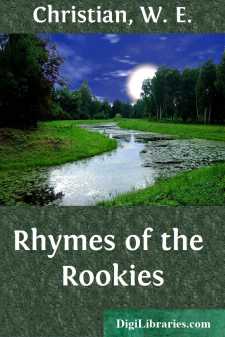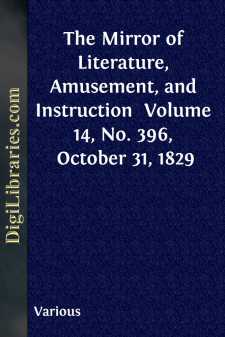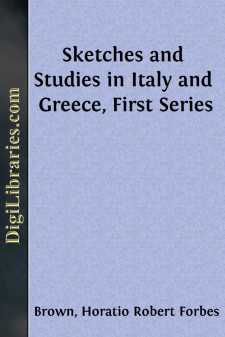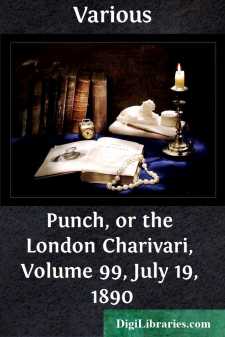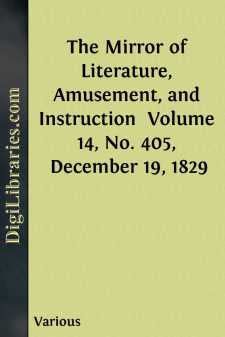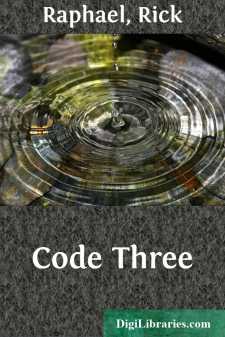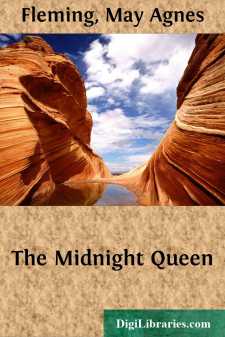Categories
- Antiques & Collectibles 13
- Architecture 36
- Art 48
- Bibles 22
- Biography & Autobiography 813
- Body, Mind & Spirit 142
- Business & Economics 28
- Children's Books 17
- Children's Fiction 14
- Computers 4
- Cooking 94
- Crafts & Hobbies 4
- Drama 346
- Education 46
- Family & Relationships 57
- Fiction 11829
- Games 19
- Gardening 17
- Health & Fitness 34
- History 1377
- House & Home 1
- Humor 147
- Juvenile Fiction 1873
- Juvenile Nonfiction 202
- Language Arts & Disciplines 88
- Law 16
- Literary Collections 686
- Literary Criticism 179
- Mathematics 13
- Medical 41
- Music 40
- Nature 179
- Non-Classifiable 1768
- Performing Arts 7
- Periodicals 1453
- Philosophy 64
- Photography 2
- Poetry 896
- Political Science 203
- Psychology 42
- Reference 154
- Religion 513
- Science 126
- Self-Help 84
- Social Science 81
- Sports & Recreation 34
- Study Aids 3
- Technology & Engineering 59
- Transportation 23
- Travel 463
- True Crime 29
Sort by:
by:
W. E. Christian
MY BUNKIE He's mostly gnarls and freckles and tan, He'd surely come under society's ban, He's a swearin', fightin' cavalryman, But—he's my bunkie. He's weathered the winds of the Western waste. (You, gentle Christian, would call him debased) And he's loved at his ease and married in haste, Has my bunkie. In a...
more...
by:
Various
BLARNEY CASTLE. This Engraving, to use a cant phrase, is an exquisite "bit of Blarney;" but independent of the vulgar association, it has a multitude of attractions for every reader. Its interest will, however, be materially enhanced by the following admirable description from the graphic pen of T. Crofton Croker, Esq. Blarney, so famous in Irish song and story, is situated about four miles...
more...
by:
Walter Scott
GENERAL PREFACE TO THE WAVERLEY NOVELS And must I ravel outMy weaved-up follies? Richard II, Act IV. Having undertaken to give an Introductory Account of the compositions which are here offered to the public, with Notes and Illustrations, the Author, under whose name they are now for the first time collected, feels that he has the delicate task of speaking...
more...
THE LOVE OF THE ALPS Of all the joys in life, none is greater than the joy of arriving on the outskirts of Switzerland at the end of a long dusty day's journey from Paris. The true epicure in refined pleasures will never travel to Basle by night. He courts the heat of the sun and the monotony of French plains,—their sluggish streams and never-ending poplar trees—for the sake of the evening...
more...
THE OLD SAILOR. Jack Mason had been to sea a great many times when I first knew him, and he has been a great many times since. He has sailed in a ship almost all over the world. Such a host of stories as he can tell! Why, I do believe if he could find little boys and girls to talk to, he would begin in the morning as soon as he had got through his breakfast, and do nothing but tell stories about what...
more...
by:
Various
OUR BOOKING-OFFICE. PARALLEL.Joe, the Fat Boy in Pickwick, startles the Old Lady; Oscar, the Fad Boy in Lippincott's, startles Mrs. Grundy. Oscar, the Fad Boy. "I want to make your flesh creep!"The Baron has read OSCAR WILDE'S Wildest and Oscarest work, called Dorian Gray, a weird sensational romance, complete in one number of Lippincott's Magazine. The Baron, recommends anybody...
more...
by:
Various
NEW BUILDINGS, INNER TEMPLE. "The Temple," as our readers may be aware, is an immense range of buildings, stretching from Fleet-street to the River Thames, north and south; and from Lombard-street, Whitefriars, to Essex-street, in the Strand, east and west. It takes its name from having been the principal establishment, in England, of the Knights Templars; and here, in the thirteenth century...
more...
by:
Rick Raphael
The late afternoon sun hid behind gray banks of snow clouds and a cold wind whipped loose leaves across the drill field in front of the Philadelphia Barracks of the North American Continental Thruway Patrol. There was the feel of snow in the air but the thermometer hovered just at the freezing mark and the clouds could turn either into icy rain or snow. Patrol Sergeant Ben Martin stepped out of the...
more...
CHAPTER I. THE SORCERESS. The plague raged in the city of London. The destroying angel had gone forth, and kindled with its fiery breath the awful pestilence, until all London became one mighty lazar-house. Thousands were swept away daily; grass grew in the streets, and the living were scarce able to bury the dead. Business of all kinds was at an end, except that of the coffin-makers and drivers of the...
more...
SLICK'S LETTER. [After these sketches had gone through the press, and were ready for the binder, we sent Mr. Slick a copy; and shortly afterwards received from him the following letter, which characteristic communication we give entire—EDITOR.] To MR. HOWE, SIR.—I received your letter, and note its contents; I aint over half pleased, I tell you; I think I have been used scandalous, that's...
more...


